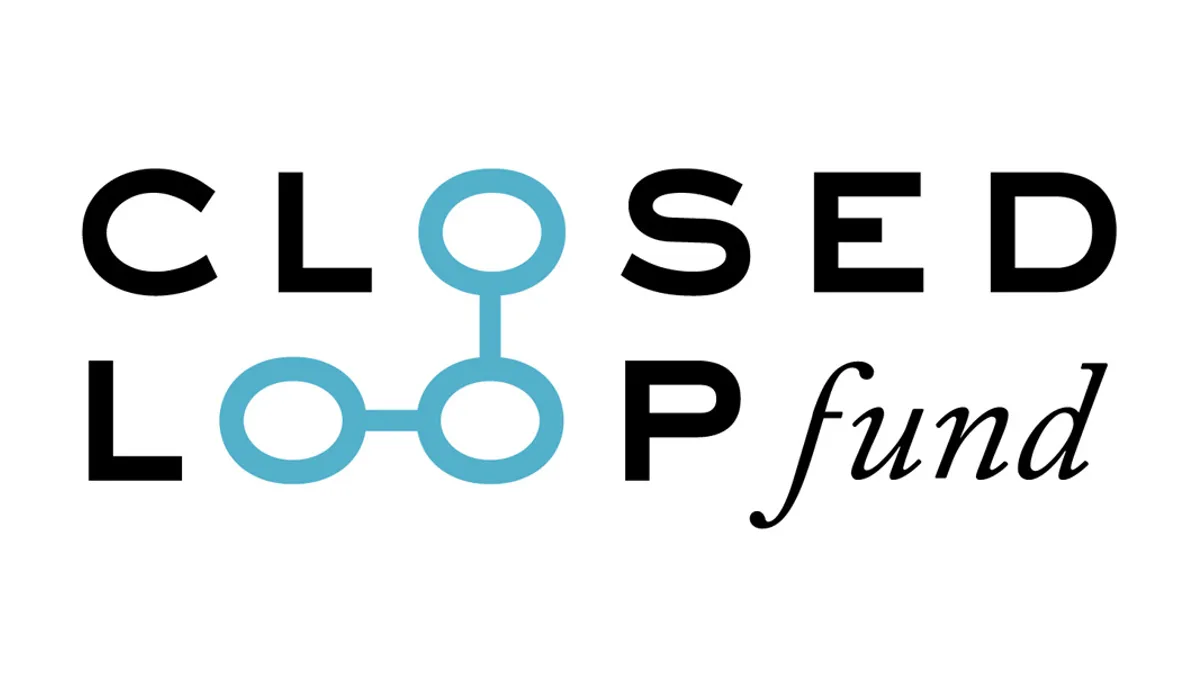Dive Brief:
- Touting its increasing success, Closed Loop Partners released its 2017 Progress Report stating that its Closed Loop Fund arm had invested more than $40 million and inspired $104 million in co-investments in 17 recycling projects in the U.S. and Canada.
- Closed Loop Ventures has invested $2.4 million for 11 companies working in early stage recycling, agriculture and apparel so far. The branch also reviewed 450 investment opportunities during 2017, signaling keen interest among prospective investors.
- Closed Loop Partners also started the Center for Circular Economy in March 2018, which will "serve as an incubator, convening center and R&D lab focused on new and emerging opportunities in circular supply
chains." A multi-million dollar partnership with Starbucks around redesigning single-use cups is among its first projects.
Dive Insight:
In the last year, the Closed Loop umbrella has seen strong progress toward its goal of investing $100 million. It's a positive sign that corporate investors remain interested in projects that help create more markets for post-consumer materials.
Recent high-profile investments include $3 million in polypropylene recycler PureCycle Technologies and an undisclosed amount in Houston-based Independent Texas Recyclers. A recent partnership to expand curbside recycling in Waterbury, Connecticut has also been touted as a success and helped lead to a new approach that was announced earlier this year.
Closed Loop has found it more challenging than expected to rack up government partnerships, in part because of political turnover and skepticism of no-interest loans, but sees this as an important aspect of its model. Virtually no funding for this type of investment comes from federal sources and large-scale funding is also rare at the state and local levels. The model recently rolled out in Connecticut with the state's Department of Energy & Environmental Protection is seen as a test for whether partnerships with state governments can work.
As bales of recyclable materials continue to stack up, initiatives such as Closed Loop may well be the new model for redirecting the market, though it's hard to tell how the long-term economics will play out since the venture has only existed since 2014.
Based on comments from Managing Director Rob Kaplan at the recent U.S. Food Waste Summit, the need for this type of convening organization will only become more important to make recycling more successful in the years ahead.
“Packaging is going to get more complex. It’s not getting more standardized," said Kaplan in a discussion about how he doesn't think change will come from consumers, but rather collaboration between brands and recyclers, adding that, “When you’re dealing with a system problem you need a system solution."













